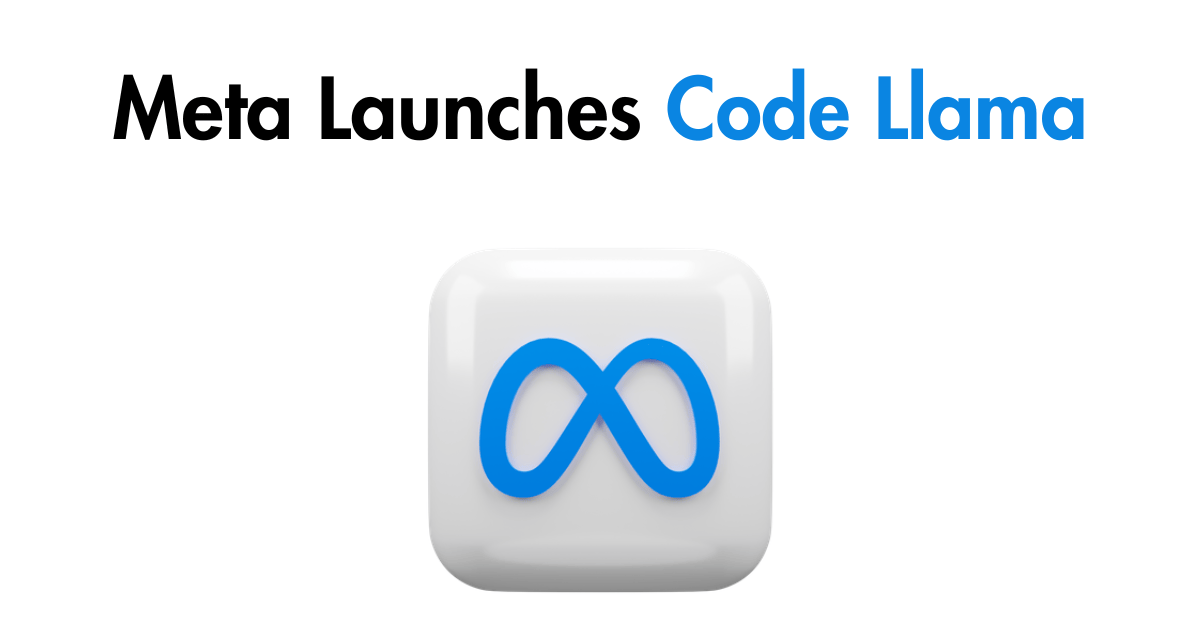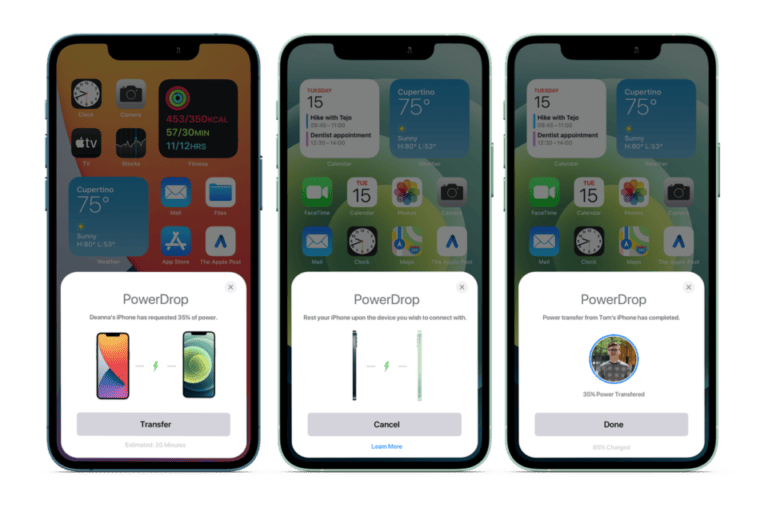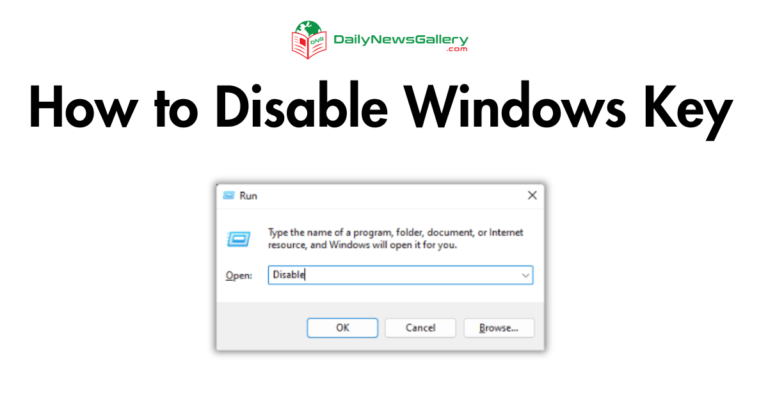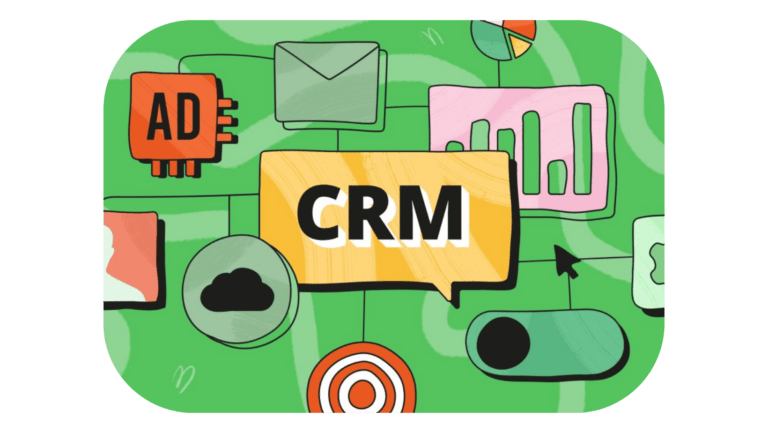
Code Llama: Meta, formerly known as Facebook, has recently made waves in the tech world by announcing the launch of Code Llama, a groundbreaking AI tool designed to assist developers in code generation and debugging.
Built on top of Meta’s impressive Llama 2 large language model, Code Llama promises to revolutionize the way programmers work by streamlining their workflows and enhancing their productivity. In this article, we will delve into the details of this innovative tool, its capabilities, and its potential impact on the coding landscape.
Introducing Code Llama: The Powerhouse of Code Generation
Code Llama, based on Meta’s renowned Llama 2 model, is a cutting-edge tool that enables developers to create new code strings, complete code, and debug human-written work.
This powerful AI tool operates on prompts and specific code strings, allowing programmers to harness its capabilities in a variety of scenarios. Meta has gone the extra mile by offering different versions of Code Llama to cater to specific needs.
The base Code Llama model provides a general-purpose code generation solution, while Code Llama-Python is specialized for Python programming. Additionally, Code Llama-Instrct is designed to understand and execute instructions provided in natural language.
Streamlining Developer Workflows and Boosting Efficiency
Meta’s primary objective with Code Llama is to enhance developer workflows and optimize efficiency. By leveraging large language models (LLMs) like Llama 2, programmers can expedite various tasks, including software development and code debugging.
The aim is to automate repetitive or time-consuming aspects of coding, allowing developers to focus on more creative and human-centric aspects of their jobs. Code Llama’s ability to generate accurate code based on text descriptions and its high performance in benchmark testing make it a valuable tool for developers seeking to streamline their work processes.
Code Llama – A Step Ahead of the Competition
Meta claims that Code Llama outperforms publicly available LLMs in terms of code generation capabilities. While specific models were not mentioned, Meta asserts that Code Llama achieved an impressive score of 53.7% on the HumanEval code benchmark.
This achievement demonstrates its proficiency in accurately translating text descriptions into functional code. The combination of Meta’s advanced AI technology and its commitment to benchmark performance sets Code Llama apart from competing code generation tools in the market.
Licensing and Accessibility: Code Llama for All
Meta has taken a commendable approach to make Code Llama accessible to developers worldwide. The tool utilizes the same community license as Llama 2, making it free for both research and commercial use. This inclusive approach allows developers to harness the power of Code Llama without any financial barriers.
By providing equal access to cutting-edge technology, Meta aims to foster innovation and collaboration in the coding community.
Multiple Sizes for Diverse Projects
Recognizing that different projects have varying requirements, Meta offers three different sizes of Code Llama. These sizes cater to projects with different computational demands, ensuring that developers can choose the most suitable option for their specific needs.
Meta emphasizes that even the smallest size of Code Llama can be accommodated on a single GPU, making it ideal for low-latency projects where real-time code generation is crucial.
The Landscape of Code Generation Tools
Code Llama is not the first AI-powered code generation tool to enter the market. Other notable players include GitHub’s Copilot, powered by OpenAI’s GPT-4, and Amazon’s CodeWhisperer. These tools have already made significant strides in assisting developers with code writing, checking, and updating.
While each tool offers its unique set of features and functionalities, Code Llama’s integration with Meta’s Llama 2 model and its specialized versions for Python and natural language instructions give it a competitive edge.
Addressing Concerns: Copyright and Privacy
The development and deployment of AI-powered code generation tools have raised concerns regarding copyright infringement and data privacy. GitHub’s Copilot, for instance, has faced legal challenges due to its potential to reproduce licensed code.
As for Meta’s Code Llama, the company has not specifically addressed copyright concerns in its announcement. However, considering Meta’s commitment to transparency and compliance with data protection laws, it is likely that the company has taken measures to ensure that Code Llama operates within legal boundaries and respects intellectual property rights.
The Future of Code Generation: Advancements and Possibilities
The introduction of Code Llama by Meta marks another significant milestone in the evolution of code generation tools. With each new iteration, these AI-powered tools continue to refine their capabilities, making programming more accessible and efficient.
The integration of natural language processing and specialized versions for different programming languages opens up exciting possibilities for future advancements in code generation. As the field progresses, developers can expect even more sophisticated tools that will further streamline their workflows and unlock new realms of productivity.
Empowering Developers with Code Llama
Meta’s launch of Code Llama reinforces its commitment to advancing AI technology and empowering developers worldwide. By harnessing the power of the Llama 2 model, Code Llama provides programmers with a powerful tool for code generation and debugging.
With its multiple versions catering to different programming needs, Code Llama offers flexibility and versatility. As the coding landscape continues to evolve, tools like Code Llama will play a pivotal role in transforming developer workflows and driving innovation in the field of software development.






